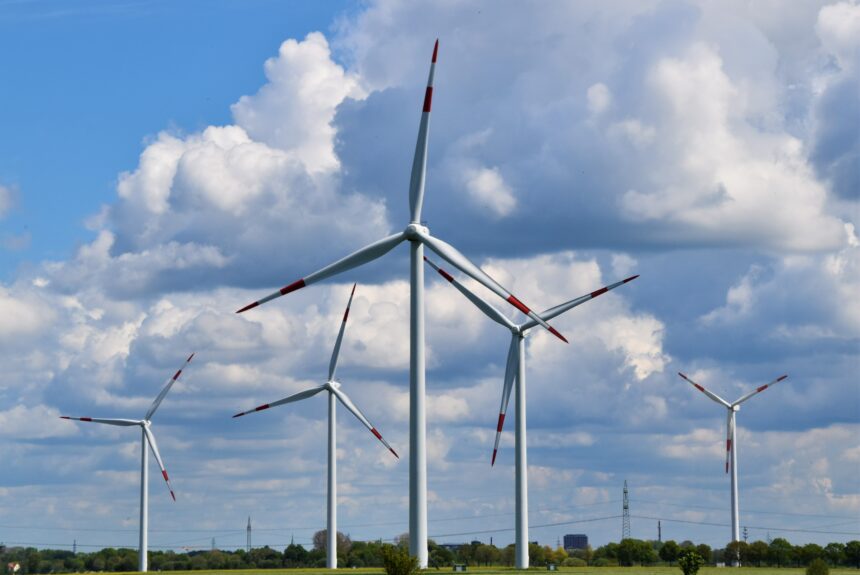The topic of sustainable living has become increasingly popular in the last decade. Developing renewable energy is now considered a top priority throughout many parts of the world. Renewable energy is by definition renewable, meaning that it replenishes naturally and at a quicker rate than it is consumed to supply us with electricity, heat, transportation, cooling, and more.
>>>READ: New Turbine Innovation Grows Wind Energy Output, Costs Nothing
Non-renewable energy sources, such as oil, gas, and coal, are finite resources that are taken directly from the earth. While there is an abundant supply of these energy sources, the supply is not unlimited. Additionally, these energy sources emit greenhouse gases to produce energy, which is why they are not considered sustainable sources of energy. As the impacts of climate change become more pronounced, more companies and countries are investing in renewable energy.
What is Renewable Energy, and Who Is Using it Most?
What is renewable energy anyway? Examples of renewable energy are sunlight, wind, water, geothermal resources, and biomass. These sources of energy can be captured and converted into resources we use every day. A prime example of this is placing solar panels on your roof, effectively turning sunlight into electricity to power your home.
Using renewable energy has major benefits for the environment, human health, and the economy. In addition to not emitting greenhouse gas reductions when generating energy, renewables are more cost-competitive in the long run for consumers. As the cost of renewables goes down, due in part to government subsidies and in part to consumer choice, the expected cost-savings are only expected to increase. And as the renewable energy industry continues to grow, renewables will provide several economic benefits to the U.S.
Certain counties have been leading the way in deploying renewables for decades, while others have been making a deeper commitment in recent years. Here are some of the countries leading the way with use and investment in renewable energy.
Costa Rica
The country has become a strong proponent of renewable energy over the last decade. Generating more than 98% of its energy from hydropower, wind, biomass, solar panels, and geothermal sources, they have become the top user of renewable resources.
>>>READ: NIMBYism Prohibiting Clean Energy Development, According to New Report
Their goal is to reach a carbon-neutral position by 2050. Their dedication runs so deep that they have been able to supply neighboring countries with resources as well.
Sweden
The country of Sweden has been one of the top users within the European Union. In fact, they are working toward 100% electricity production by 2040 and complete carbon neutrality by 2045. Sweden has invested heavily in several forms of zero-carbon energy, including hydroelectric (43%), nuclear (31%), wind (27%), and more.
Iceland
Another country that has made a strong commitment to renewable energy is Iceland. 100% of their electricity comes from renewable sources, along with 85% of their total energy supply. Their specialty is hydropower (70%) and geothermal (30%).
Smaller nations such as Iceland have an advantage in terms of percentage compared to countries like China or the United States because they produce less total energy and have less demand.
The United States, Germany, and China
In terms of percentages, the United States, Germany, and China are outside of the top 30. However, their commitment to renewable energy is still very large. Due to the war in Ukraine, many nations have stopped purchasing Russian gas and have turned to other energy sources like American oil and gas, nuclear power, and renewables.
The United States, Germany, and China are at the top of the list for the highest financial investment in renewable energy. The U.S. has passed several laws to spur renewable energy development, including the Infrastructure Investment and Jobs Act which allocated significant funding to renewable energy research and development.
The views and opinions expressed are those of the author’s and do not necessarily reflect the official policy or position of C3.
